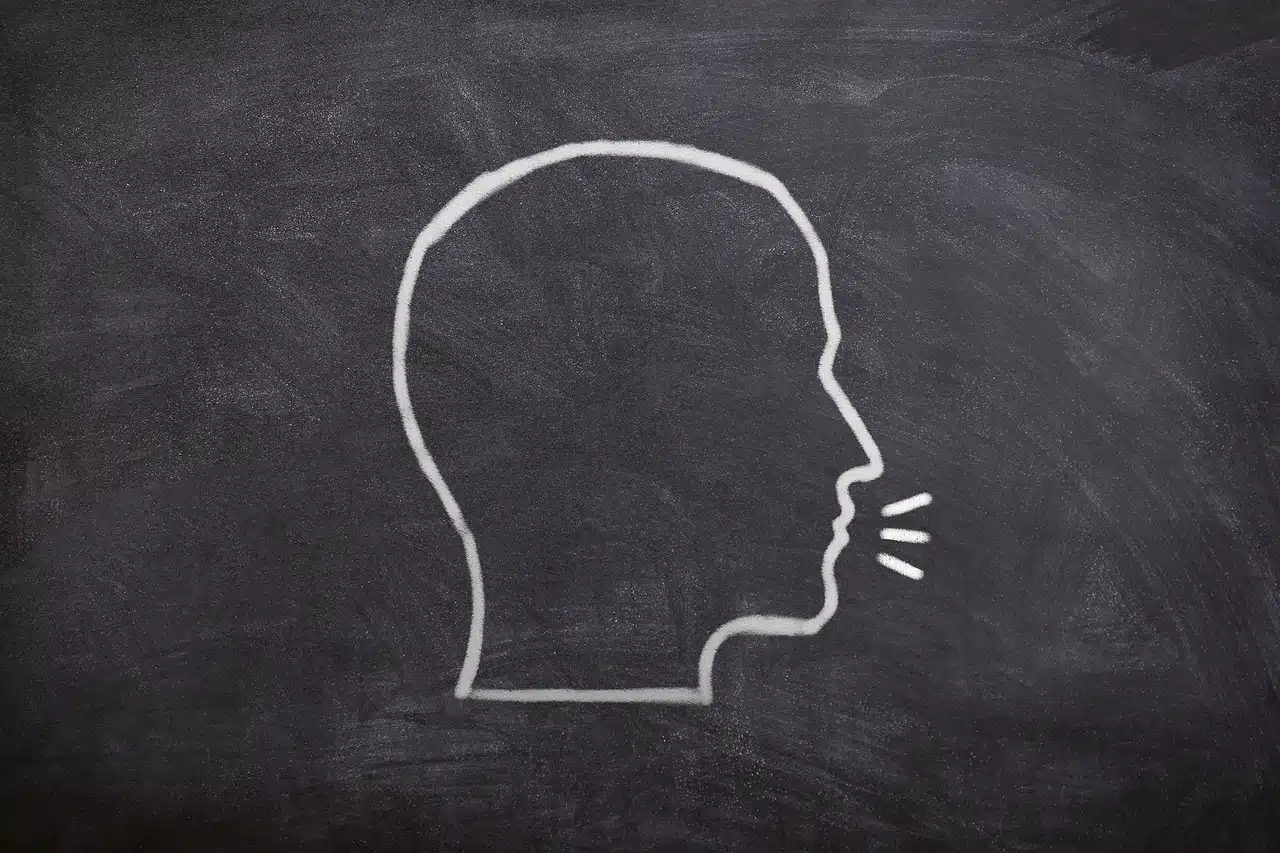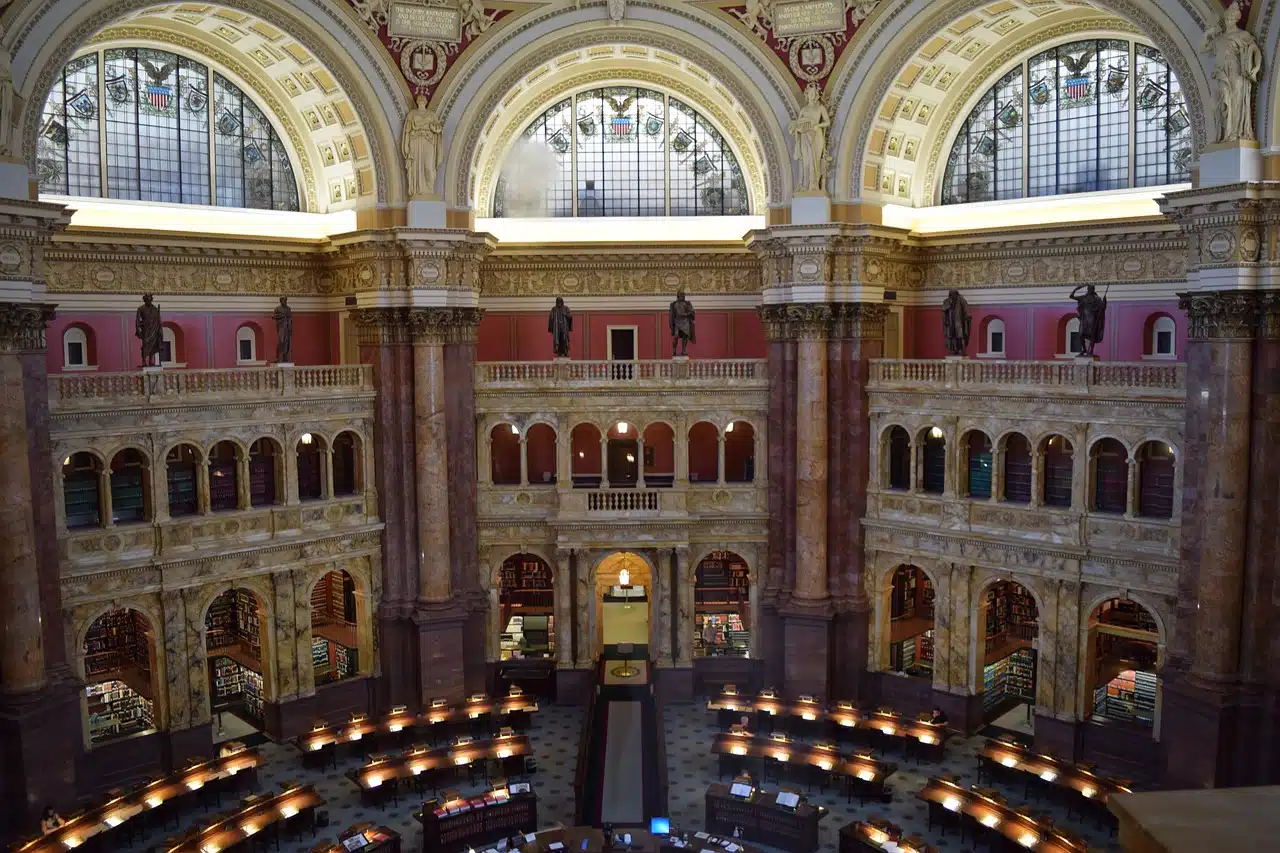
The authorities that administer the State decide the policies that are applied in their territory in matters of economy, education and energy, for example.
State is a concept that is used to describe a situation in which an object or living being is found, according to the meaning of the term in physics , chemistry and everyday language. In these cases, the word is related to a way of being or remaining .
On the other hand, it must be said that the State is a notion with value at the political level that serves to present a sovereign and coercive type of organization with social scope. In this way, the State brings together all the institutions that have the authority and power to regulate and control the functioning of the community within a specific area through laws that dictate these institutions and respond to a certain political ideology.
State and government
It is important to clarify that the concepts of State and government are not considered synonyms. The rulers are those who, for a certain period of time, perform functions in the institutions that are part of the State. Furthermore, we must differentiate the term State from the idea of nation , since there are nations without a State and States that bring together different nations.
Political parties that aspire to govern must present candidates in elections . The way in which representatives are chosen, however, depends on each Constitution . Generally, in a democratic republic people can vote for the president and those who make up the Chamber of Deputies, Senate , Congress or Parliament .
It should be noted that the supreme law of a State is the Constitution . In a democracy , rulers respect the legal system and the rights and freedoms of citizens , regardless of the political ideologies of the authorities.
Before, when the State had not yet been established as a concept, human beings tried to mark its limits by force : this is how the great conquests were made in order to expand territories . Currently, there are more peaceful and democratic means of establishing borders although, in truth, force is still used to define them.
Today, in any case, each State seeks to make use of its autonomy and appeals to diplomacy in international relations to resolve conflicts with other countries. The consultees and the embassies, meanwhile, are representations they have abroad.

Each nation-state has at least one official language.
Imposition of laws
It should be noted that no person can live without a State since they must comply with the regulations in the territory they inhabit, even if this is not necessarily their nation . This does not mean that all individuals who share the same State feel culturally identified with it, but that is not a justification for violating the laws of the space where they reside.
For a State to be considered as such, it must have certain elements: a delimited territory, a population, laws, government agencies, internal sovereignty (power to apply its own laws within the territory without the need for other States to interfere) and sovereignty . external (it can summon its inhabitants when there is an external attack in order to defend its territory).

The separation of powers is important for the transparency of a State.
Some definitions about the State
Many intellectuals have tried to define this concept. Below we present some of these theories.
In the words of the German Max Weber , the State can be defined as an organization supported by the so-called monopoly of legitimate violence. That is why it is made up of powerful organizations such as the armed forces, the police and the courts, since it is responsible, among other things, for guaranteeing the functions and obligations of government , defense, security and justice in a space. specific. To speak of the rule of law, likewise, is to describe a system in which the organization revolves around the division of powers (that is, the Legislative Branch, the Executive Branch and the Judicial Branch ).
Ricardo MendezyFernando Molinero, entanto, expresaron que para que exista un Estado deben cumplirse dos componentes fundamentales: el territorio o el control de un espacio determinado y la sociedad, que es una comunidad políticamente organizada.
For his part, Ignacio Molina expressed that the concept of the State is central to political science and designates the form of legal-political organization par excellence. It arises at the same time as the idea of sovereignty and is the static embodiment of it. In short, it is the formalization of a certain permanent public authority with power over the territory it governs and the individuals who reside there.
Rejection of state organization
Today the concept that is most accepted for this meaning of the word is that of the Nation-State proposed by Weber . It says that it is a type of organization where the State has an absolute monopoly of force within the territory, as long as its objectives are integration and homogenization of the population. This State requires elements such as a political organization, a legal system, delimited territory, a government apparatus and a population that resides within the established limits, as we have already indicated.
In any case, it is also necessary to clarify that several philosophical currents oppose the existence of the State as we know it. Anarchism , for example, promotes the absolute disappearance of States and their replacement by free entities and organizations with a participatory spirit.
Marxism , on the other hand, considers that the State is a resource controlled by a dominant class that serves to exercise dominance. Therefore, he advocates for its annihilation to achieve its replacement by a workers' State as part of the transition until reaching socialism and communism, where, having managed to eradicate the class struggle , a State will no longer be needed.
